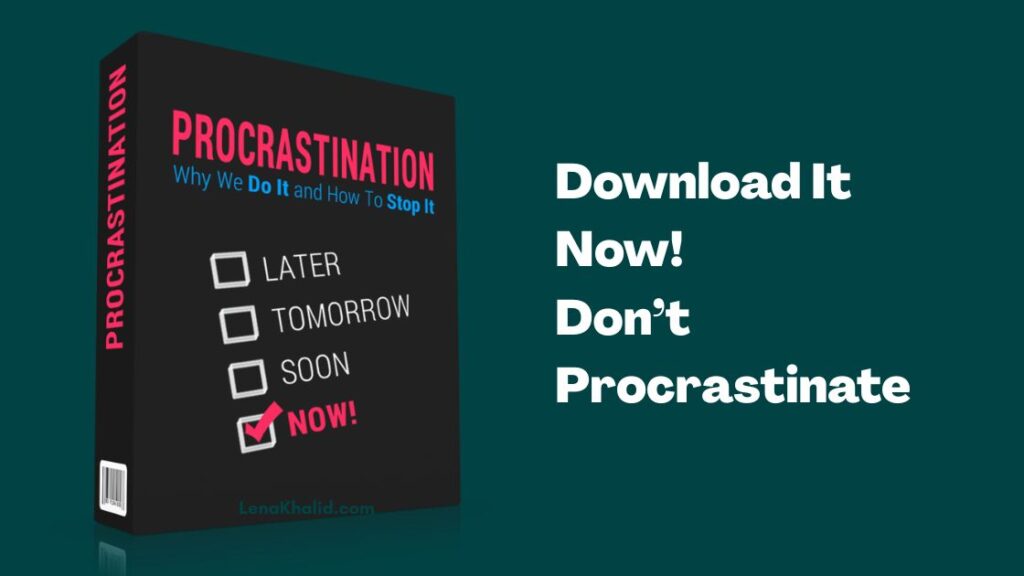
Finally, I Know Why I’m So Insanely Productive In The Morning
For many years, I’ve known that my greatest periods of productivity tend to occur in the morning. I’ve always found that my thoughts come faster and easier before lunch, a time when I’m firing on all cylinders as the neuroscientists might say. I’ve always carved out a few hours in the morning for detailed work.
One example of this is when I’m checking social media. I can scan through my feed with lightning precision, answering direct messages and posting quickly. I call it the caffeinated monkey approach. In the afternoon and evening, I tend to flip mindlessly through news articles and tap slower on a laptop.
Now I have a much better explanation for why that is.
For years, I’ve thought the reason is because I’m more motivated or hungry to take on some challenges. I know from several experts that we have more hope in the morning, before we start experiencing failure and realize we might not achieve as much.
The real reason is a bit more scientific, however.
In talking to book author and neuroscientist Lisa Feldman Barrett recently, it turns out there’s a chemical called norepinephrine that might be one culprit.
Barrett is the author of the book How Emotions Are Made: The Secret Life of the Brain which was a revelation when it came out in 2017. (There’s also an incredibly interesting TED talk about the topic.) Her new book comes out this fall and it’s called Seven and a Half Lessons About the Brain.
Norepinephrine, like most chemicals in the brain and body, is related to metabolism, and Barrett told me it’s very possible this chemical is present in my brain to a greater extent in the morning. Maybe it’s not the coffee and there’s more to it. Maybe it’s how I’m wired. What’s actually going on is related to my metabolism and circadian rhythm, and maybe I’ve been tapping into an internal networking system.
“Circadian rhythm is a function of clock genes and how those genes are influenced by your lifestyle, your past experiences, and your own behaviors (for example whether you look at computer screens late at night or how much sleep you typically allow yourself to get),” she explained.
What was most astounding about this? For me, it was finding out that there is a lot of science to those early morning productivity boosts. Apparently I’m a morning person after all, but not just because I like eggs and bacon with toast.
“Sometimes chemicals act more like a leaky hose where they just kind of flood into the space between neurons and — what they do is they turn up the dial or down the dial on neural firing,” says Barrett. “They just make it easier for neurons to talk to each other or harder.”
For me, I’ve always wondered why my productivity shoots up so early in the day and stays persistent throughout the entire morning. Another expert recently told me that I’m probably most creative in the evening because of this same reason — that something about how my brain works and my circadian rhythm, including a surge of norepinephrine, are giving me a morning boost.
You might wonder how this could impact your day. The short answer is — you probably need to experiment. For some of us, any detail work in the morning will be extremely efficient and smooth, others may be wired to complete tasks faster and better in the evening hours.
In terms of innovative thinking, it made me wonder if I should do most of my brainstorming after lunch as well. In fact, that matches up nicely with my experiences mentoring young adults at a local college. I hated morning meetings. I felt like I needed to be doing something useful. In the afternoon, it was a better time for me to shoot the breeze, come up with crazy schemes, and collaborate.
Now I have a better idea why that is. I may not be super-productive after lunch, but it turns out my brain is perhaps a little lazy and open to new ideas during those times. I’m ready to meet people halfway and not overthink everything, mostly because I’ve completed enough tasks and used up all of my brain power in the morning.





